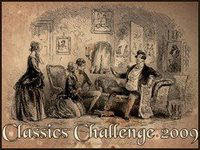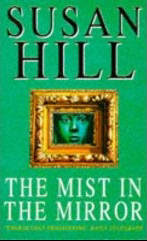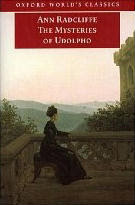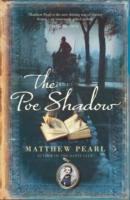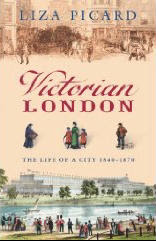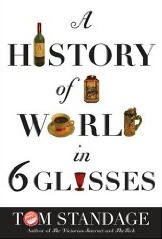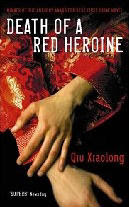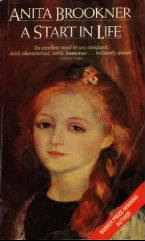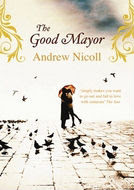Chunkster Challenge #2
Classics Challenge #4
 In a dusty book once owned by the great nineteenth-century poet Randolph Henry Ash, scholar Roland Michell finds two draft beginnings of a letter. These drafts are surprising, not only because they’ve escaped the attentions of rapacious Ash collector Mortimer Cropper, but because they don’t sound at all like the rather dull Ash with whom Roland is familiar. Overcome by the desire to keep his discovery to himself, just for a while, he smuggles the pages out of the British Library and embarks on some independent research.
In a dusty book once owned by the great nineteenth-century poet Randolph Henry Ash, scholar Roland Michell finds two draft beginnings of a letter. These drafts are surprising, not only because they’ve escaped the attentions of rapacious Ash collector Mortimer Cropper, but because they don’t sound at all like the rather dull Ash with whom Roland is familiar. Overcome by the desire to keep his discovery to himself, just for a while, he smuggles the pages out of the British Library and embarks on some independent research.
His inquiries take him to Maud Bailey, an expert on - and distant relative of - Christabel LaMotte, Ash’s fellow poet and the woman to whom the draft letters were written. Absorbed in the thrill of the hunt for truth, they think they can keep their investigation a secret. But the academic grapevine soon causes various colleagues and rivals, including Cropper, to start investigations of their own. What started as a few scholarly questions turns into a race with not just facts and accolades but invaluable artefacts - literary treasure - as the prize.
Being the bonus book of the Classics Challenge I should have left Possession until last, especially as I knew I faced a last-minute scramble to get everything read and reviewed. But I never was much good at resisting literary temptation. And it had been a whole three years since the last time I read it....
Usually I would wait longer before re-reading something, but I love it to bits (please, book gods, not literally - I’d be devastated if my copy wore out!) Every time I read it stand in awe of the quality of the writing and the complexity of the ideas. And every time I discover something new: some reference I never understood before but now get, some connection to history or other books or another point within this book. It’s a novel that keeps on giving to the repeat reader. This time around, it reminded me of The Mysteries of Udolpho in that it interleaved poetry and prose; but here the poems add to the plot, and the sense of realism is kept by their not having supposedly been composed on the spur of the moment without the aid of quill and paper. As well as poems short and long, there are letters, short stories, and pieces of journals, biography, memoir, and scholarly articles by no fewer than 10 different characters; and every character’s writing voice is pitch-perfect.
Among the cast is one of my favourite fictional antagonists. Mortimer Cropper is a hero in his own mind, but the amoral means he employs to get to his chosen ends (and the fact that he’s a self-obsessed jerk) make him loathed by anyone not on the receiving end of one of his cheques. His refusal - and perhaps inability - to consider that the British might have a greater claim to artefacts of British history than has an American is one of the main components of his villainy, which is somewhat ironic given Britain’s track record with other countries (Elgin marbles, anyone?). His presence turns the quest into a race, and I love seeing some of the elements normally associated with thrillers - the ticking clock, the travel, the heroes’ subterfuge to throw their rivals off track - transferred to so unlikely a setting as academia.
The mystery plot is well organised, with information being revealed at a steady pace and in just the right order. In some instances poems serve as clues and are so well crafted that the reader knows what their significance is even though there isn’t a shred of proof. Although a number of very different characters (and I don’t think you can get much more different than Leonora Stern and James Blackadder) I’m always left with the impression that only Roland and Maud could have put the pieces together to that point; their knowledge of the lives and works of the people they’re investigating is so integral to the process. The connection across the decades is highlighted by the ways in which their actions sometimes mirror those of Ash and Christabel. And it all leads up to one of my favourite fictional endings.
Best of all, this time around I impressed myself - sort of - by finally noticing the symbolism of some of the names. (As pleased as I am, I’m still mentally kicking myself for not spotting it before.) Mottes and baileys are both types of castle fortification, and both Christabel and Maud exist in well-defended isolation; the former in determined independence from the world of men, and the latter in the ivory tower of academia. Being tall and pale and blonde, Maud could almost be said to be an ivory tower herself. (If you know your poetry, you should have no trouble working out the part Roland plays in all this.)
Possession is one of the books I’d urge everyone to read.
Rating: A+














